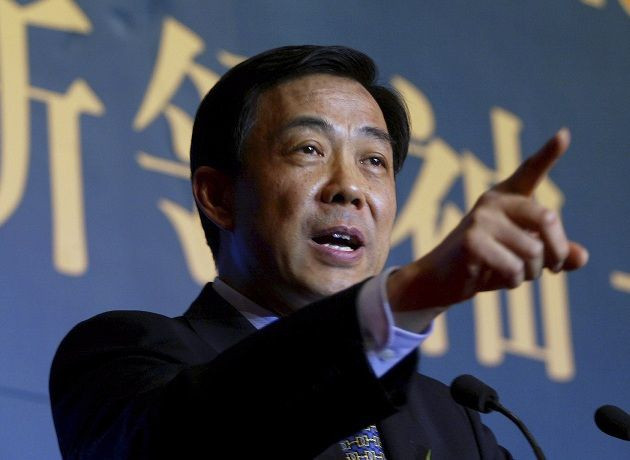After False Reports, Bo Xilai Corruption Trial Now Rumored to Begin in March

Rumors swirling around Chinese media last weekend were claiming that fallen politician Bo Xilai was about to go on trial in Guiyang. However, after much speculation and false reports from various news outlets and so-called inside sources, new reports are now claiming the trial will not begin until sometime in March.
Ta Kung Pao, a Hong Kong publications backed by Beijing, broke the story Friday, sending Chinese social media and news outlets in a frenzy to determine the trial’s start date and location. The report cited an unnamed government source. Following that initial report, Reuters followed up by claiming an additional source “who has ties to the leadership” confirmed the imminent trial, while another two “well-informed sources” said the reports were false.
The Global Times, a state-run international newspaper in China, reported Monday that Bo Xilai will be expected to go on trial in March after the nation’s “two sessions.” The two sessions refer to the National People’s Congress, where the presidency will be formally handed over from Hu Jintao to Xi Jinping, and the Chinese People’s Political Consultative Conference, a meeting of top Communist Party delegates and advisers. The Global Times also cited an anonymous source who said the real details of the date and location of the trial will be released in advance, but implied that it would not be soon.
“The information in terms of the date and location for the trial will certainly be made public in advance, and it’s unnecessary to make speculations,” the source said in the report.
An employee at the Beijing Deheng Law Offices confirmed that Bo Xilai’s representation in the graft trial will be Wang Zhaofeng and Li Guifang. This would be a change since November, when Li Xiaolin, a family lawyer, was initially entrusted to defend Bo.
Bo, 63, was the party chief of the huge Chongqing municipality in Sichuan and was assumed be in line for membership on China’s all-powerful Politburo. That all changed abruptly in February 2012, when Bo’s forgmer police chief Wang Lijun fled to the U.S. Consulate, claiming Bo’s wife Gu Kailai had murdered a British businessman, Neil Heywood. Gu Kailai has since been convicted of Heywood’s murder and is currently serving a life sentence.
Bo, however, is expected to stand trial for charges including bribery and abusing his power, in addition to his involvement with the murder of Heywood.
China’s future president, and current party general secretary, Xi Jinping, has led a campaign to crack down on corruption among high-ranking “tigers” and lower-level “flies” since his promotion was announced.
Most recently, Xi has gone after one of the tigers. Li Jiangguo, a newly elected member of the 25-member Politburo and the general secretary of the National People’s Congress, may soon join Bo Xilai as a fallen top politician. According to Ming Pao, a Hong Kong-based newspaper, the party’s central commission is investigating Li for unknown charges. Though not a household name in China, Li has been a career politician, climbing the party ranks through his posts in the Communist Youth League. If charged, Li will become the highest-ranking official to be ousted for corruption.
© Copyright IBTimes 2025. All rights reserved.






















